UK public employees march on PM's office as austerity, cost-of-living crisis bite
British government employees have gathered in front of Prime Minister Rishi Sunak’s office in London to protest against working conditions and wages, as the wave of strikes and protests over pay continues nationwide.
The protest was attended mostly by healthcare workers, union representatives, and other labor forces from different industries.
The demonstrators chanted slogans and held placards that read "Fair pay for Nursing", "time is running out, the government should stop being greedy" and "strike to save the National Health Service", in protest against the economic and austerity policies of Sunak's government.
The representatives of the unions criticized the policies of the conservative government and blamed the current situation and considered the continuation of strikes as the most effective way to reflect their protests to the authorities.
Nigel, a students participating in the rally, told the IRNA reporter that he came to protest the difficult economic conditions, the cost-of-living crisis, and the increase in financial pressure on Britons. He said that the cost of living in England has gone up steadily and that he has no confidence in the government's ability to improve the situation.
In response to the question of whether he thinks the change of the government can lead to the improvement of the situation, he desperately said that he has "no hope for the political elites of this country."
During the past months, the UK has been grappling with its biggest strike wave for decades, with nurses, ambulance and bus drivers, airport baggage handlers, border staff, driving instructors, and postal workers walking off their jobs at various points to demand higher pay.
The staff demands for a pay increase have been rejected by the government, which says it cannot afford high increases that match the soaring inflation, and even if it could, such monetary increases would further fuel inflation.
The unprecedented jump in the inflation index and the unbridled increase in the cost of living in England have put the island country in the worst economic conditions of the last half-century.
Hitherto, there is no prospect of improvement in the situation and the official authorities are even warning about a possible escalation.
According to the latest report of the Office for National Statistics (ONS), the inflation rate in England has reached 10.7 percent from 2 percent, and as the head of the central bank has noted, the country has entered a long period of economic recession.
The British Chancellor of the Exchequer Jeremy Hunt recently admitted in a video clip that food and fuel prices have become more expensive, unemployment has increased, business companies have gone bankrupt and the value of the pound has fallen.
It comes as Sunak recently admitted that the country's biggest challenge is the unbridled increase in inflation which has led to a rise in the cost of living and eats up people's wages. However, he said that people should not expect the government to be the solution to all their financial problems and fluctuations.
VIDEO | Australians rally for Gaza ahead of Christmas festivities
VIDEO | Attacks on Sana'a
Iran reports further drop in annual inflation rate in December
Israel indicts two settlers over suspected spying for Hezbollah
Iran: US airstrikes on Yemen war crimes, violation of international law
Yemeni armed forces down F-18 fighter jet, repel US-UK attack: Spokesman
Iran warns against US-Israeli plot to weaken Muslims, dominate region
VIDEO | Public uproar in US against Israeli regime


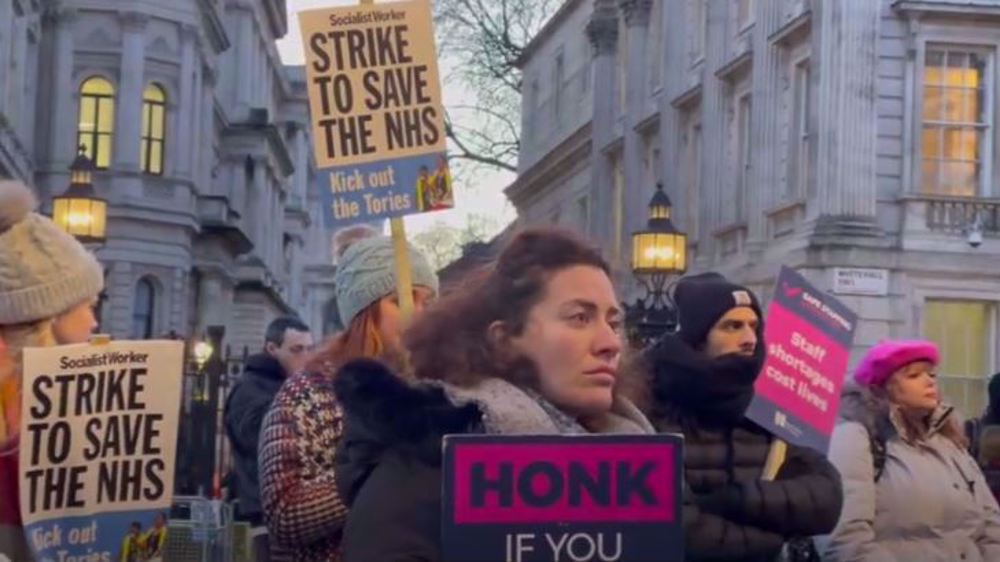


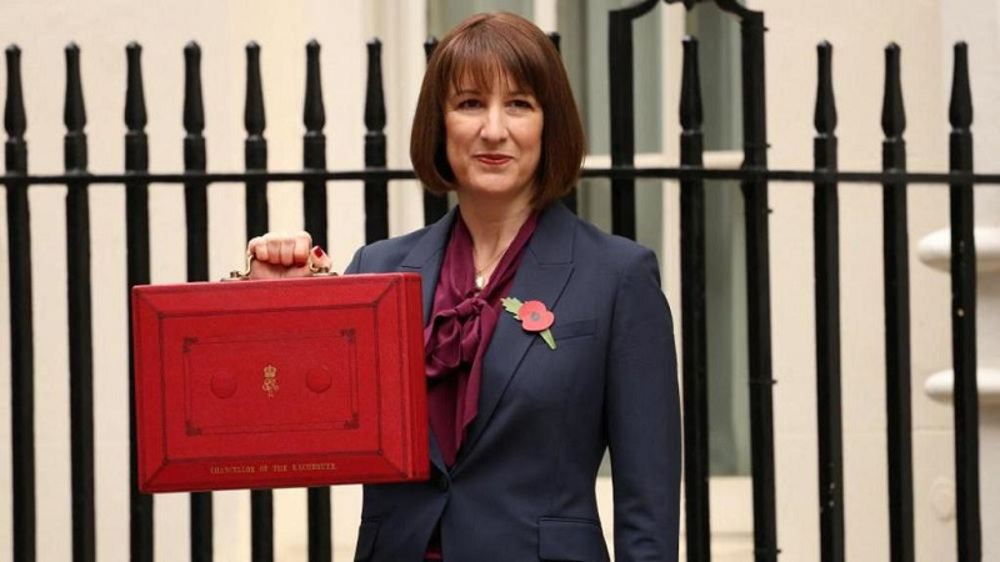
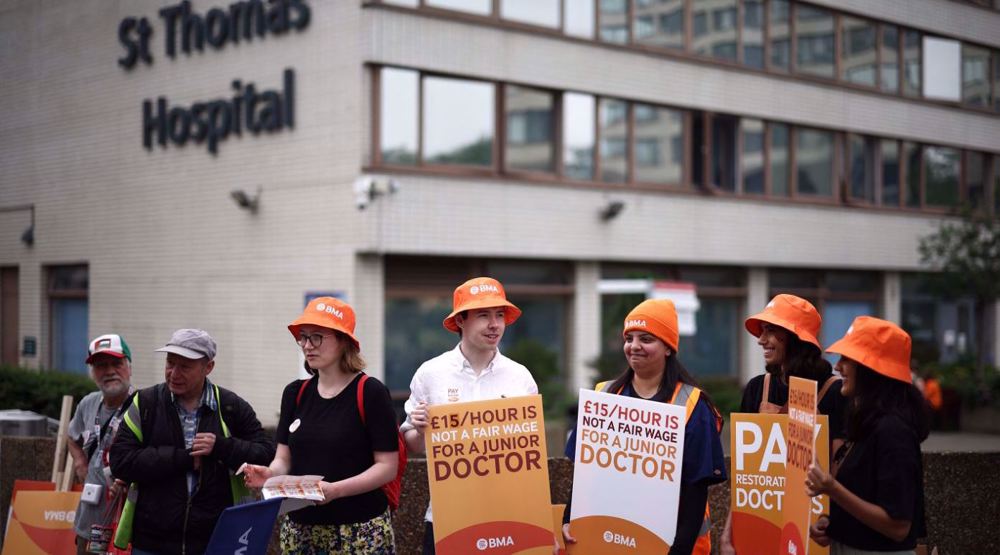



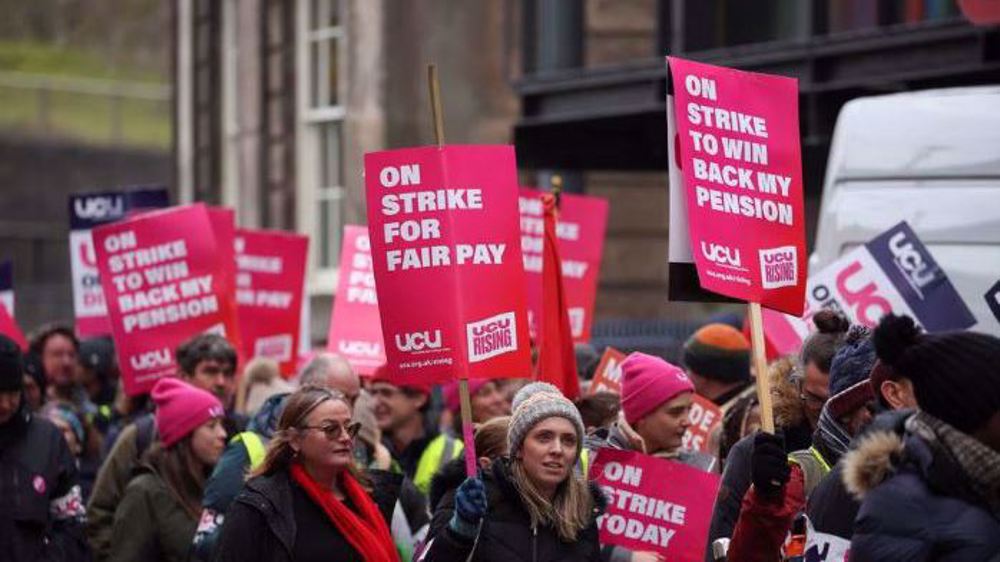
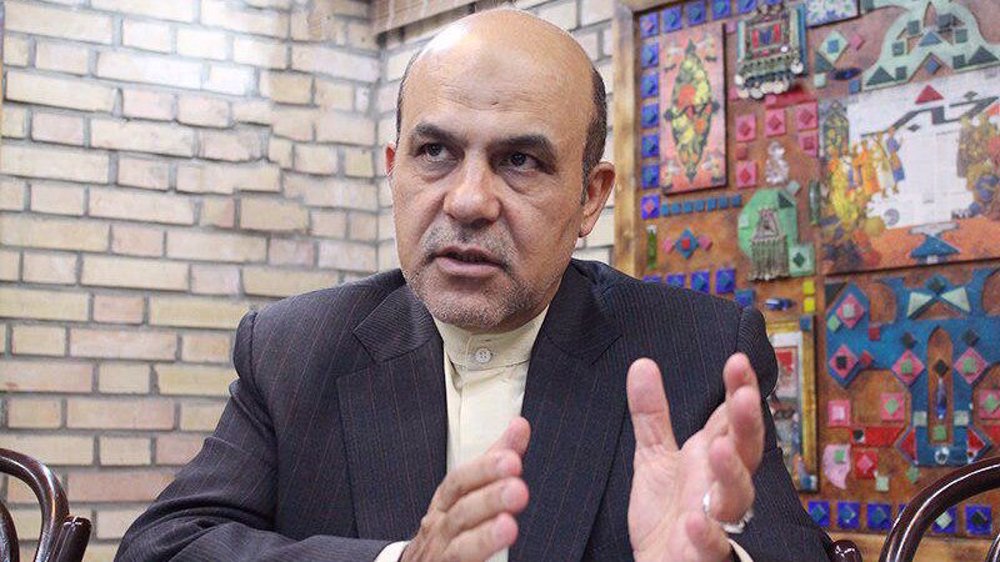
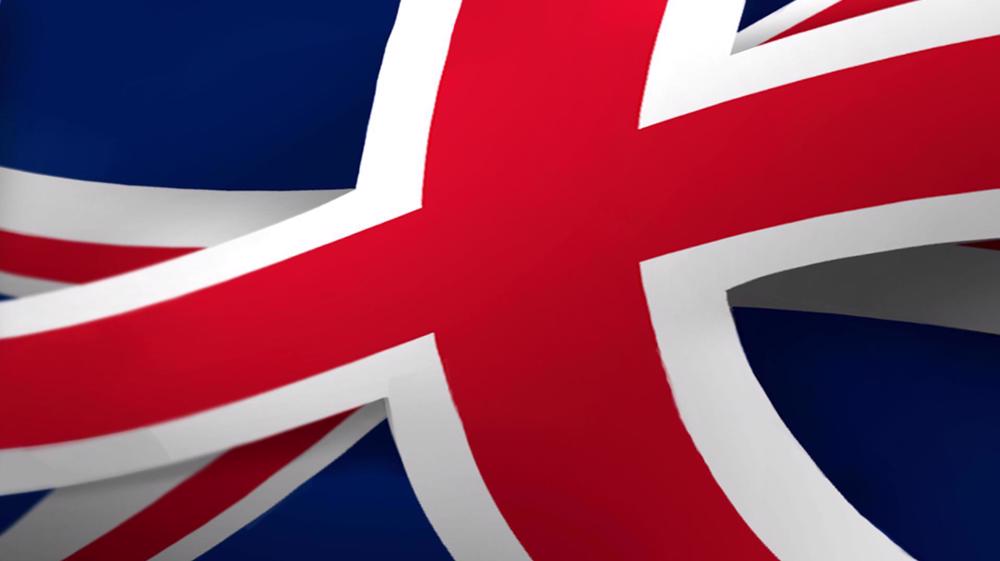
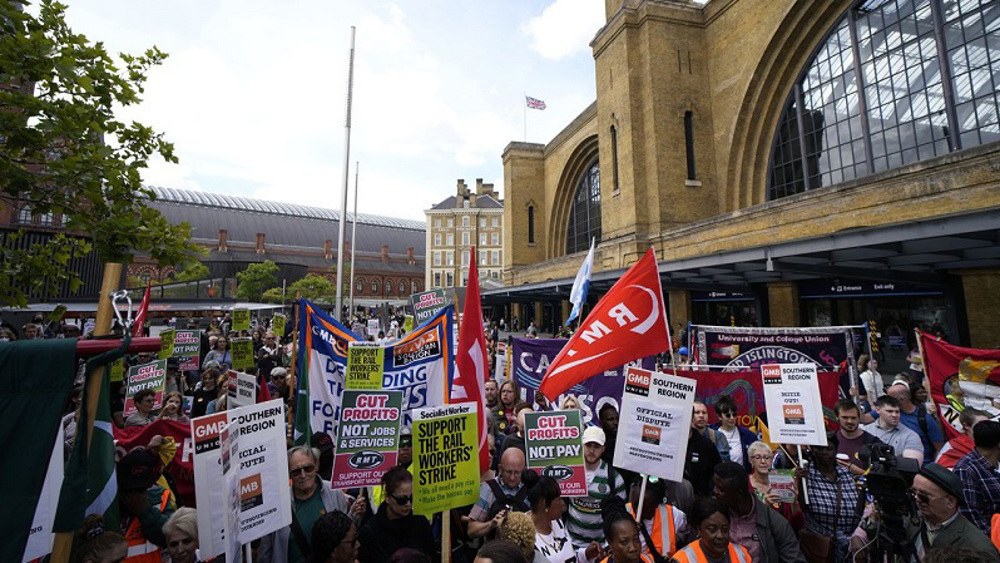
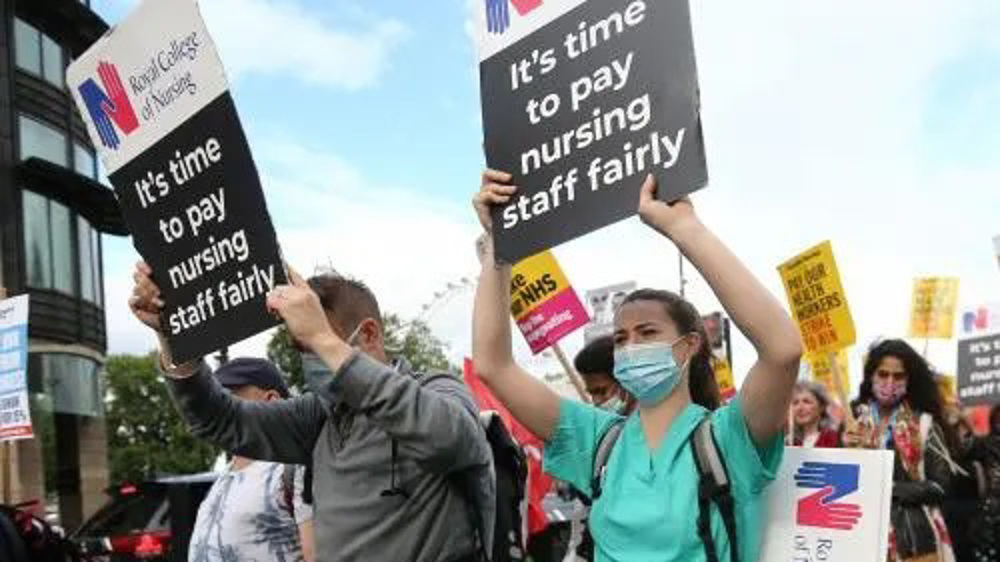

 This makes it easy to access the Press TV website
This makes it easy to access the Press TV website